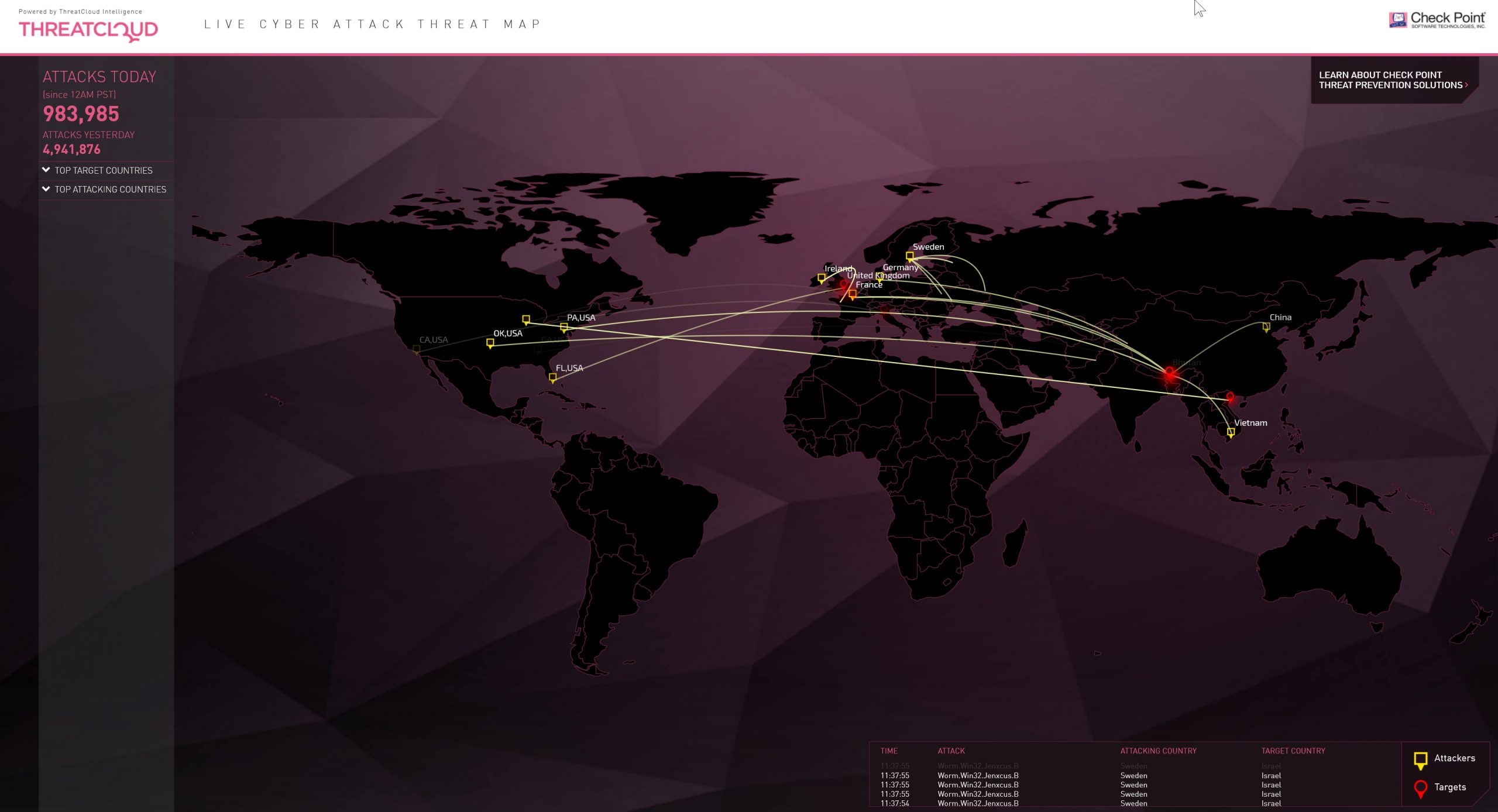
The hidden security risk of privileged users
All businesses are aware of the danger posed by insider threats, but those threats are multiplied when they involve privileged user accounts.
Damage caused by privileged users is the most extensive, the hardest to mitigate and the hardest to detect as it involves authorized users doing things they are authorized to do. A new report from access management specialist Forcepoint in conjunction with the Ponemon Institute looks at the gap between organizations' awareness of the problem and their ability to solve it.

Hacked: Epic Games forums
Reusing a password on multiple sites is a recipe for disaster. Why? Well, the password is now only as safe as the weakest site. For example, if you use the same user credentials for a shopping site that you do for a banking site, and the shopping site is hacked, your banking password is now exposed. Bad guys will try stolen credentials on various sites looking for where they might work.
Today, Epic Games, maker of popular games like Unreal and Infinity Blade, announces that its forums have been hacked. Now, if you don't reuse passwords, that isn't a huge deal, right? Sort of. True, your discussions about games might not be particularly sensitive, but you may still feel pain.

Why encrypting virtual machines is so challenging
Virtual Machines have been mainstream for some time, and many IT managers think they have good management processes in place; they know where their machines are, their status, and the function they are performing. But is that enough? Whilst virtual machines (VMs) allow an IT infrastructure to be extremely agile in Private, Public and/or Hybrid Cloud environments, they also create opportunities for weak points, where data can be compromised.
Encryption is one of those major weak points, where VMs can be deployed without an encryption policy being followed, subverting compliance, and leading to machines in a live environment that lack the required protection. More often than not, those VMs will contain sensitive data.

Hackers play the fame game to boost business
Hacking by its very nature tends to be an activity that takes place in the shadows. However, analysts at security awareness specialist Digital Shadows have identified a growing trend of some hackers actively seeking the limelight to promote their businesses.
Just as in the legitimate commercial world, reputation is important and players without one are less likely to be trusted. In order to boost their profiles therefore some cyber criminals have been using publicity to add to their credibility.

Restore access to your PC with Trend Micro Ransomware Screen Unlocker
With so much attention focused on the file encrypting-type ransomware it's easy to forget the simpler variety, which pops up when your PC boots and won’t allow access to your system until you pay up.
Even these basic infections can sometimes be tricky to remove, but Trend Micro offers a couple of tools which may be able to help.

Businesses struggle to prevent data breaches
Data breaches are everywhere, and companies feel they’re not doing a good job at preventing them. They are, however, taking steps to try and counter the trend. This is according to a new report by business documents management organization M-Files Corporation and the Association for Information and Image Management (AIIM).
According to the report, more than a third (38 percent) of organizations have suffered at least one data breach in the past 12 months. Almost a third (31 percent) feel their company isn’t doing all it can to protect sensitive information, and 36 percent say their company doesn’t have a "formally documented policy" regarding data storage, management and sharing.

Smart plugs have major security issues
Plugging things into a smart electrical plug might not be the wisest of choices at the moment, because they could easily be hacked, putting both your physical and digital life at risk.
This is according to a new report by Bitdefender, which says that smart electrical plugs could be hacked, and the attacker could not only gain access to your personal data, but also reprogram the plug.

Twitch is exposing your activity by default -- here's how to fix the privacy issue
As someone that grew up playing video games in the 1980s, I am rather intrigued by the current trend in watching other people play. It is not so different from when I was a kid actually -- upwards of ten children from the neighborhood would all gather around one NES waiting for their turn to play. If you think about it, we probably spent more time watching others playing than doing so ourselves.
One of the most popular video game streaming platforms is Twitch. There are countless folks broadcasting themselves playing games, and even more spectating. The service has introduced a new feature that some folks might not like. By default, it will expose your activity on friend lists. Don't like that? Luckily, there is a fix.

Traditional malware falls as mobile malware rises in July
The number of active malware families attacking businesses fell by five percent in July, but mobile malware now accounts for nine percent of the total -- up 50 percent from June.
These figures come from threat prevention company Check Point based on intelligence drawn from its ThreatCloud World Cyber Threat Map.

Eddie Bauer point of sale systems hit by malware, customers notified
If you aren't thinking twice every time you swipe your card at a retail location, be it a store or restaurant, then you haven't been paying attention lately. It should give you reason for pause, but sadly you still have to do it. Just cross your fingers on the other hand.
Previous examples have included Target and Home Depot to name just two. The latest is retailer Eddie Bauer. The company is warning customers it’s point of sale system was hit by malware.

New spear-phishing attacks seek out industrial and engineering targets
Researchers at Kaspersky Lab have uncovered a new wave of targeted attacks against the industrial and engineering sectors in 30 countries around the world.
Named 'Operation Ghoul' by Kaspersky's researchers, the attacks use spear-phishing emails and malware based on a commercial spyware kit to seek out valuable business-related data stored in their victims' networks.

Users know the risks, but connect to Wi-Fi hotspots anyway
People are risking a lot when they connect to a free Wi-Fi, which is particularly important knowing how many people use mobile devices for work. According to a new report by NordVPN, a company selling VPN services, Wi-Fi networks can be hacked easily and attackers could steal valuable data, including corporate information, credit card information or identities.
"Hackers often position themselves as Wi-Fi hotspots and easily steal personal information of each individual that logs in", says NordVPN. "In addition, identity thieves have lately been using wireless sniffers, a software designed to intercept and decode data when it is transmitted over a network".

Failing to attract security experts may prove costly for businesses
A new report from Kaspersky Lab has found that large businesses that struggle to attract sufficiently skilled security experts end up paying up to three times more to recover from a cyber security incident.
The much talked-about skills gap in the security industry continues to cause problems for businesses, as increasing wages, a general shortage of expert availability and the need for more specialists are all prevalent.

The trouble with open source research on the web
Every open source research project -- no matter how simple or complex -- starts with browsing the internet. But researchers should know that their identity can be obtained through a number of basic techniques, which could have consequences ranging from modified data to directed cyber attacks or worse.
Even the simplest of website visits will expose significant details about your location and your device, and pretty much any site you visit will drop code on your computer to track what you’re doing as you traverse the internet. Most of the time, this exchange is benign, but there can be times when content will be modified or attacks launched based on the identity of the user.

HMA! aims to bring VPN to the masses
Virtual private networks (VPNs) are an effective way of masking your internet activity when using public networks.
However, they've always seemed a bit geeky, which puts many everyday internet users off using them. VPN specialist Hide My Ass! (HMA!) is aiming to change that with a new version of its product aimed at people who haven't previously used a VPN.